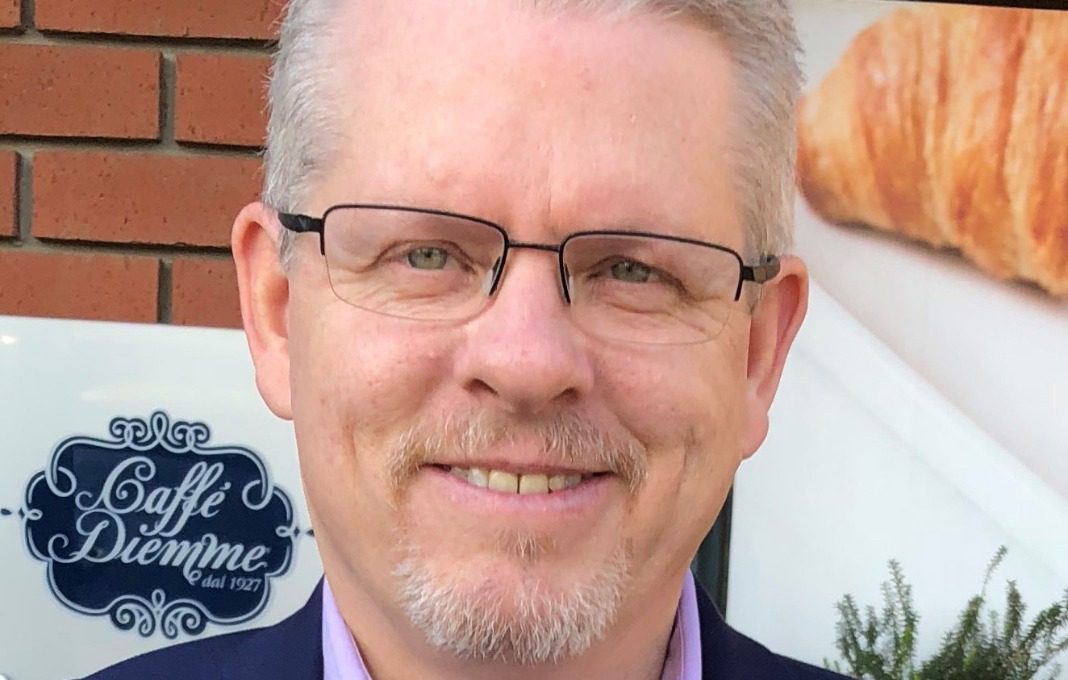
Cranbury, New Jersey-based Infragistics has been growing internationally since 2002, when it established an office in the UK. The company, which provides user experience and interface solutions for enterprise applications, now has staff or offices in seven countries: the U.S., UK, Japan, Bulgaria, Uruguay, India and South Korea.
CFO Chris Rogers spoke with StrategicCFO360 about his role in managing the expansion, working to make the company’s $20 million, 75,000-square-foot, Class A+ headquarters environmentally friendly and why people are Infragistics’ “most important asset.”
How did you shepherd the company’s growth into international markets?
When I guide Infragistics through an expansion, I take into consideration whether we need to have a physical presence in an international market or not and the potential tax impact. We always seek international tax advice on organizational structure to ensure we’re in the most advantageous structure given the objectives—either sales driven or talent driven.
If our expansion is sales driven, there are key metrics that need to be set up to make sure we can support the initiative. If our growth is talent driven, then our HR team is our key partner to make sure we market, attract and hire the right people for the culture with at least one key leader at the center of the office who “stirs the drink,” so to speak. That person may be technical, a sales leader or a people operations person, depending on the nature of the office.
What advice do you have for CFOs to be successful in overseas expansion?
Become familiar with the local statutory accounting—not all international financial reporting standards are the ones you’re familiar with. Operationalizing accounting to support the business is the most important thing you can do. It’s easy to get caught up in debits and credits, but the first task of finance and accounting is to support the company in making good business decisions. Those decisions need to be based on a data-centered decision-making process with data that is transparent to all stakeholders.
You’ve also grown domestically, building a new company-owned headquarters in 2010. What was involved with overseeing that effort and its solar energy partnership?
We had lots of discussions with the architects, bankers, builders and employees during the build of Infragistics’ 75,000-square-foot headquarters and solar energy partnership. Our headquarters came first under the leadership of our CEO, Dean Guida. We wanted to establish an office environment that was as much like “home” as you could achieve. We used user experience methodologies with our architects to ideate the space with the goal of creating an office that employees wanted to come to.
Once that process was complete, we interviewed several builders to make sure we could work with them, and they were on board with the vision for the office and the feel we wanted to achieve. Our operations team then worked on a daily basis for over a year to ensure we delivered a building that was A++ space within budget and hit all of our metrics for a great space.
Several years later we began investigating how to make the space greener—we had already done most of the engineering to have a LEED space, without the expense of certifying it, and identified various solar energy companies to work with. We finally selected a local New Jersey company that understood the local energy market and was a leader in the space to make that happen.
We teamed up with a local New Jersey bank, Unity Bank, to fund the deal, which is generating loads of green energy while reducing our carbon footprint. In the end, we wound up with a very green building, more trees and greenery than when we started, and produced green energy and lower utility bills and carbon emissions in the process—a win-win-win for Infragistics, our employees and the planet.
What advice do you have for CFOs who want to embark on similar initiatives even as some employees may continue to work remotely?
The most important asset in any company is the people in the company who help create value. After a year of remote work, we have all learned that you don’t have to be in the office to create value and for teams to work well and even thrive using technology is a very powerful lever. Making data-driven decisions is key to running your business—especially when assessing whether WFH will work for some parts of the organization.
There are so many successful hybrid work models being implemented across business and there are potentially many that would work in each organization if employed correctly. I advise CFOs to explore the available remote and hybrid initiatives and choose the ones that best address your employee needs and desires.








